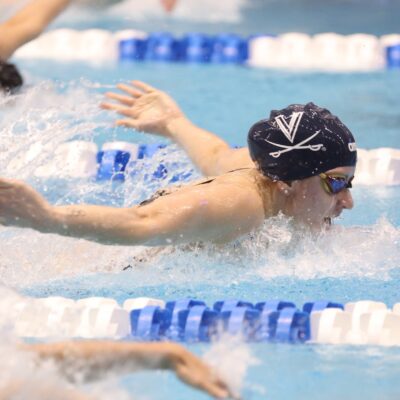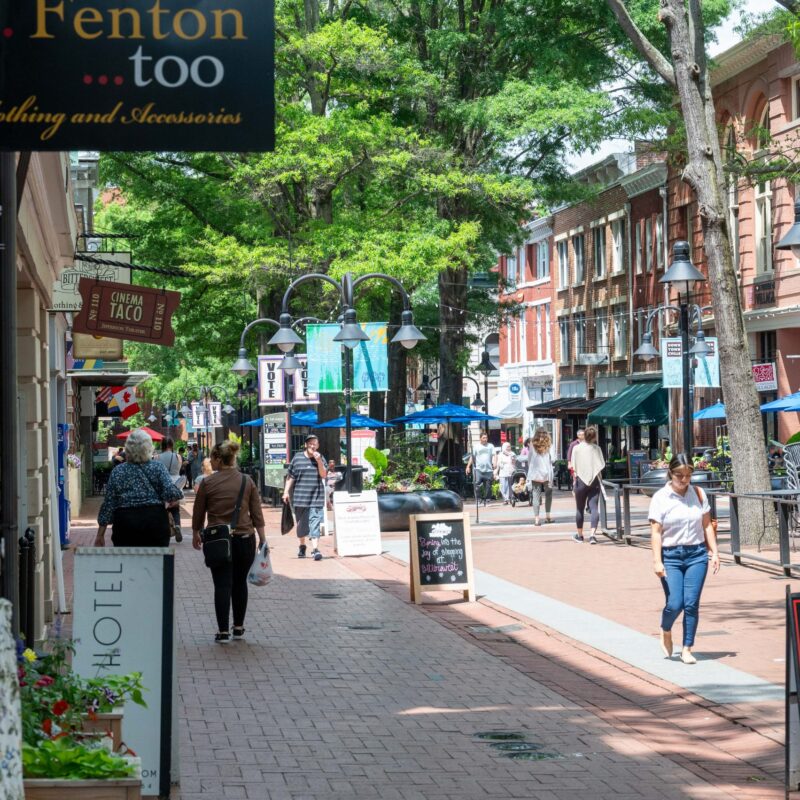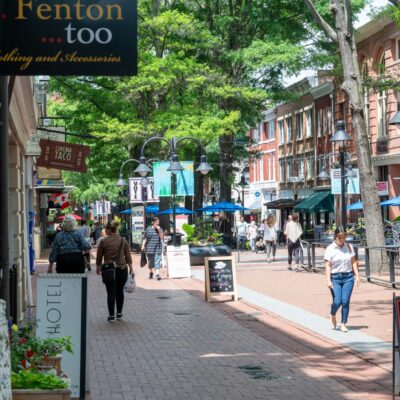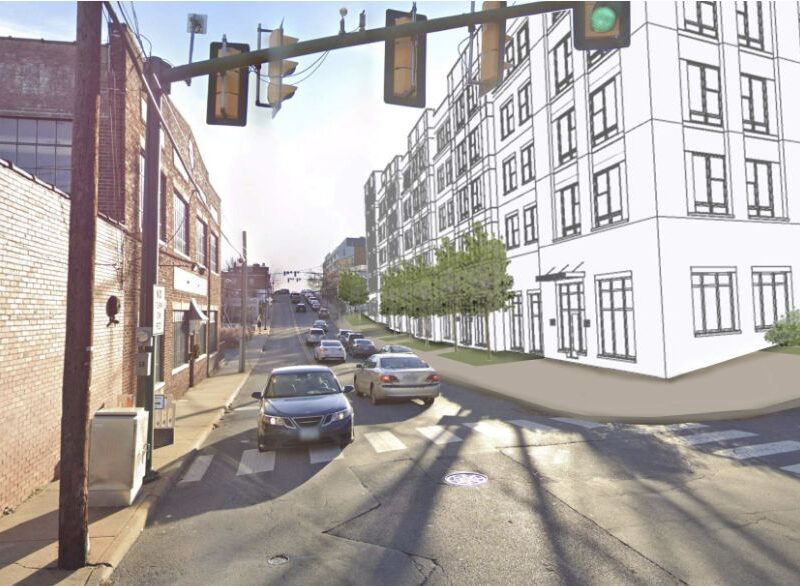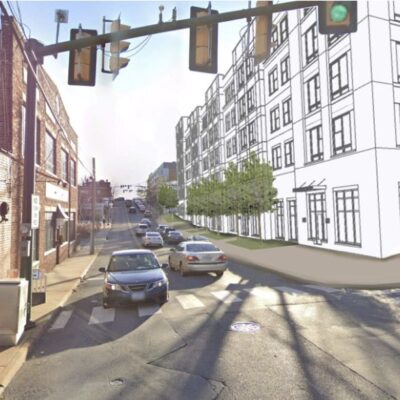Dave Norris has been a visible presence in local government since 2006, serving two terms as mayor of Charlottesville. On a given week, it was not unusual to see Norris at various public events across town, lunching on the Downtown Mall with a constituent, or grabbing coffee with a staffer near City Hall.
Although he said he is ready to hand over the responsibilities, Norris doesn’t rule out a possible future run. “I would say that at some point in the future if either I am retired and have more time to devote to the job or there is an effort to make it a full-time directly elected position, I might take another look at it,” he said.
|
|
What do you consider successes during your tenure as mayor?
First and foremost the fact that we have been in the greatest economic downturn since the Great Depression, and what you have seen in many localities around the state and the country is that they have had to increase taxes and/or slash basic services. In Charlottesville we have weathered the storm; we have not had to raise taxes, we have not had to slash basic services, we ended up every year not only with a balanced budget, but with a budget surplus.
We have attracted jobs to the city by the hundreds with some new economic development successes. We have purchased more parkland in the last two years than in the previous several decades combined.
What are you most proud of?
I think the work that we have done on housing. Housing was the one issue that more than any other motivated me to run for office. The number one item on my platform was to create a dedicated housing fund. At the time we had an annual allocation of a few hundred thousand dollars, and we bumped that up to $2 million and since it has settled to $1.5 million. We are seeing some real results, the most prominent one is the new Single Room Occupancy (SRO), which is going to put a huge dent in our homeless population, particularly the population of the chronically homeless in Charlottesville. It’s not going to solve homelessness in Charlottesville, but it’s going to take dozens of people off the streets, out of shelters and get them permanently supported housing, help them get back on their feet and live productive lives and be contributing members to our society.
Do you have any regrets?
There are regrets on the process side. I tried being as accessible as I could be and I think about all the things I couldn’t get to, all the e-mails I didn’t return, all the phone calls I didn’t return, because it gets to be just so overwhelming.
On the policy side, one of the issues I take most pride in and most disappointment in simultaneously is the issue of the water supply. I was really proud of the fact that in pulling ideas from both sides that we were able to come up with an alternative plan that would have accomplished the goal of providing sufficient water supply for our region for 50 plus years, at much less cost and with much less environmental impact, and even though our plan didn’t end up being adopted, just the fact that we were able to demonstrate there is a better, cheaper, greener, smarter way of addressing a major public policy issue.
On Charlottesville and innovation:
I think we are on the front lines of innovation. This is a community that has really invested in attracting creative capital. People say, ‘Why did you spend $6 million to renovate the Downtown Mall?’ It’s because Downtown is the economic hub of this community. There is more we can do in terms of creating jobs for people who are not necessarily college bound, but are willing to work hard and learn a trade, getting a decent paying job and having the opportunity to advance and own their own little piece of the American dream.
I am very proud of the fact that one of the first things that I did when I first got on Council was to increase the base wage to where it’s a true living wage. Now our base level employees are making $11.44 an hour. If you are working a full-time job, you should not be living in poverty.
What’s next for you?
I am really excited to be launching a new initiative in partnership with [UVA]. It’s going to be a project that encourages more [UVA] students and faculty to get involved in local public policy issues. It’s a way for the Charlottesville community to better utilize these tremendous resources that are available at [UVA] to help solve local problems. Part of this is I’ll actually be teaching classes at UVA, I’ll be an adjunct faculty. The first class will be on social entrepreneurship and how do we look at poverty in Charlottesville through the lens of social enterprise and entrepreneurship.
Pay attention to:
Bike and pedestrian trail network. We need to keep working on building that where it’s easy for people to make the choice to leave their cars at home.
I think we did more than any public employer in the entire state of Virginia when it comes to treating lesbian, gay, bisexual and transgender employees equally. The state has specifically prohibited, which is outrageous and discriminatory and backwards and Neanderthal, the public sector employers from offering health insurance to gay couples, gay families.
One of our most underutilized assets in the community is the Rivanna River. We neglect these kinds of assets to our detriment. Right now what’s up against the river are parking lots, junkyards. I am glad we have the trail, but I am convinced there is more we can do.


